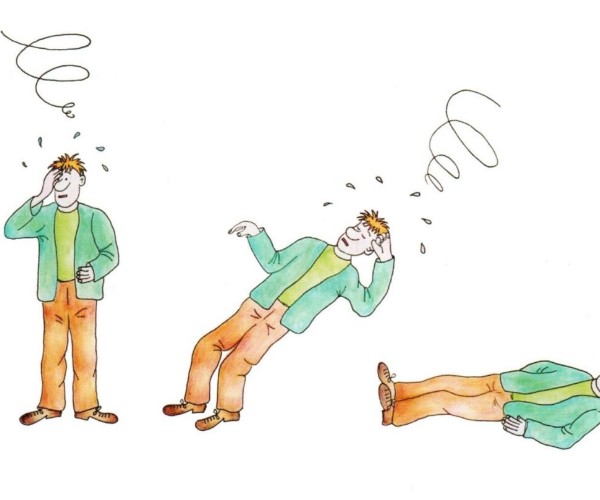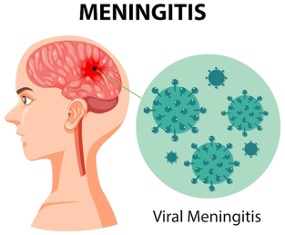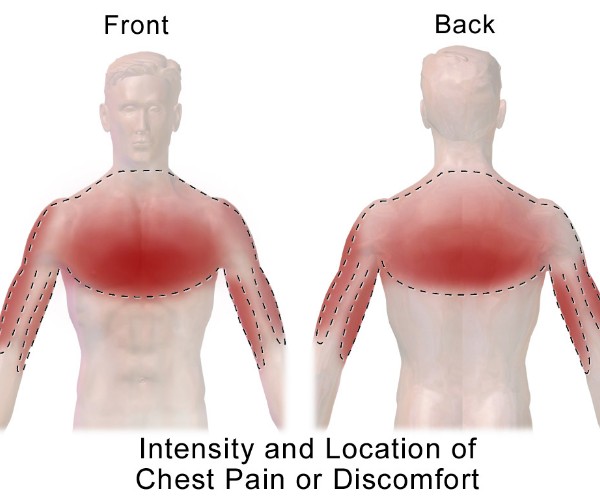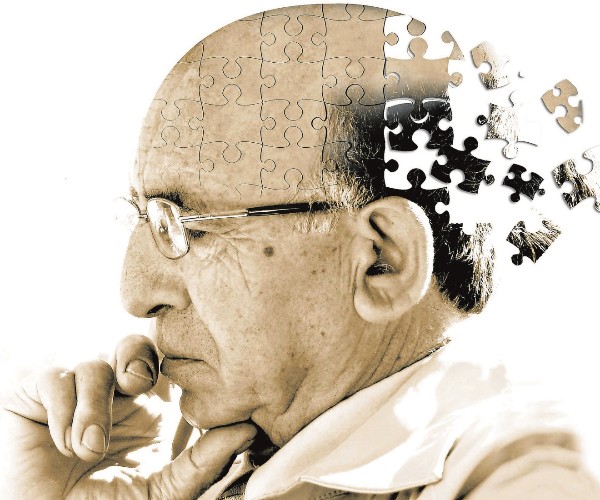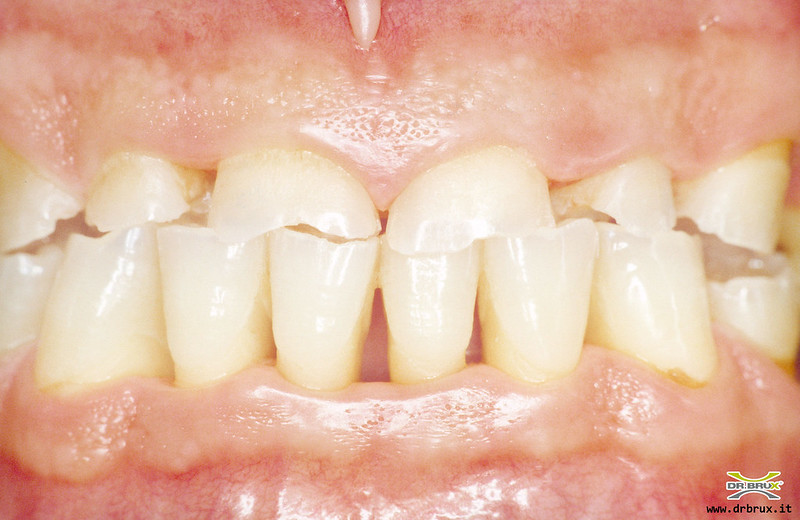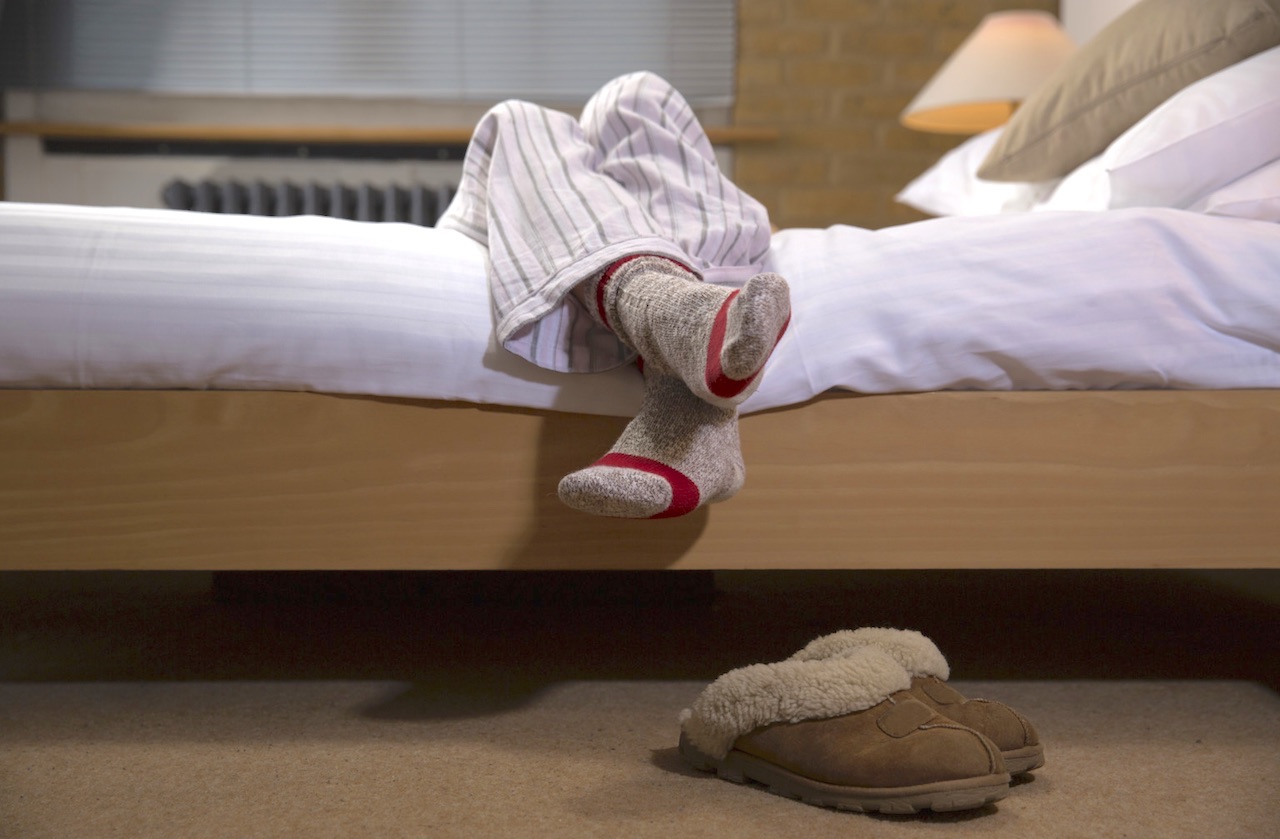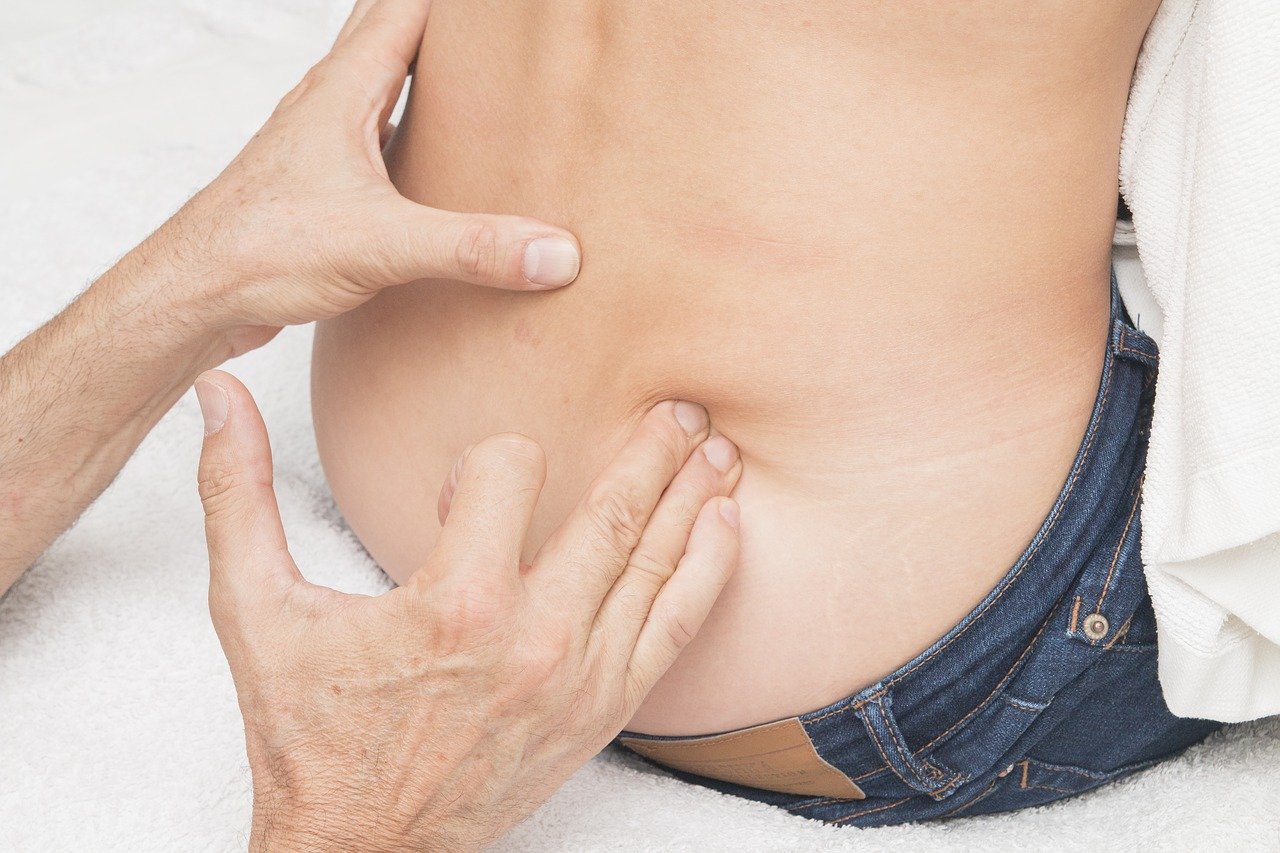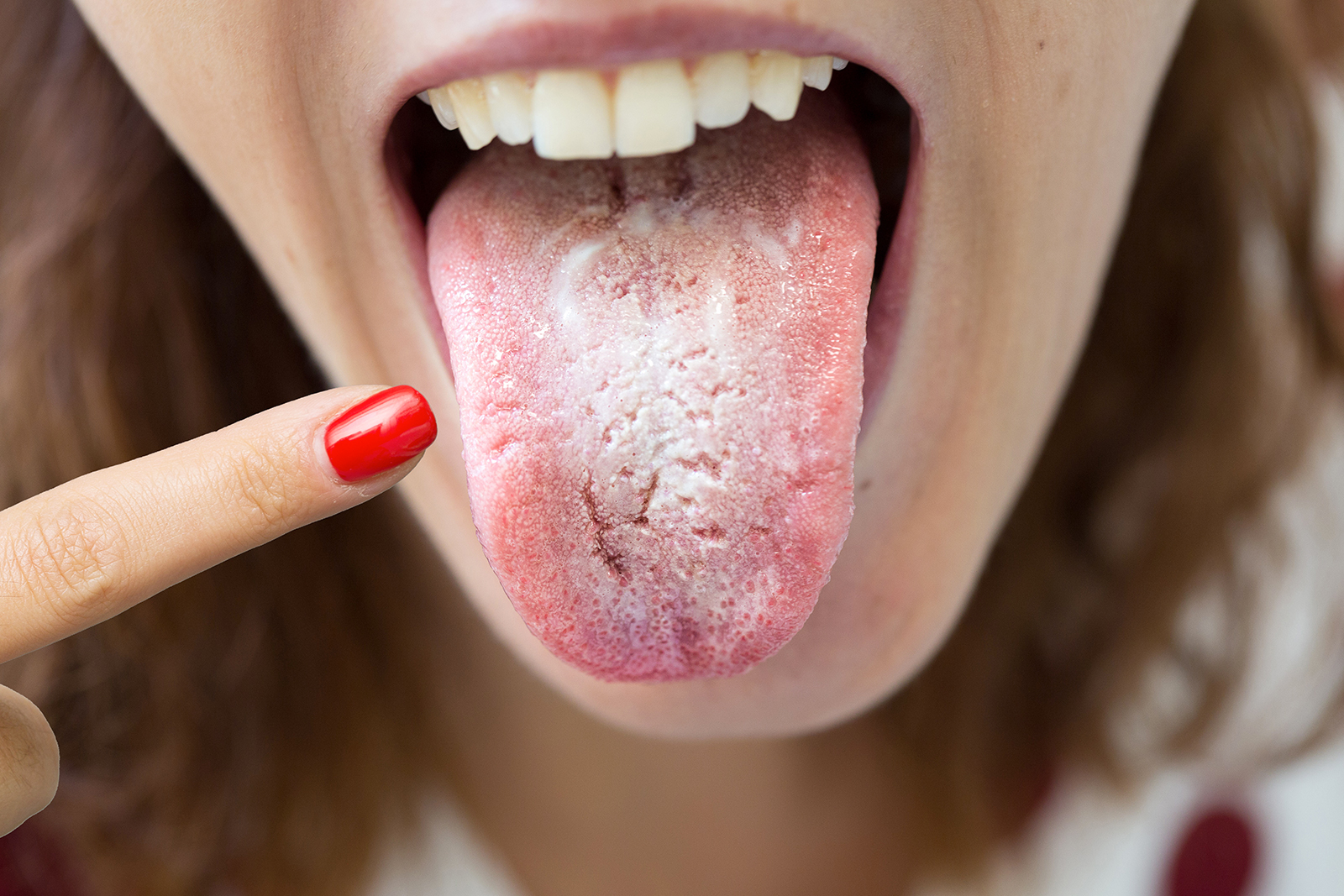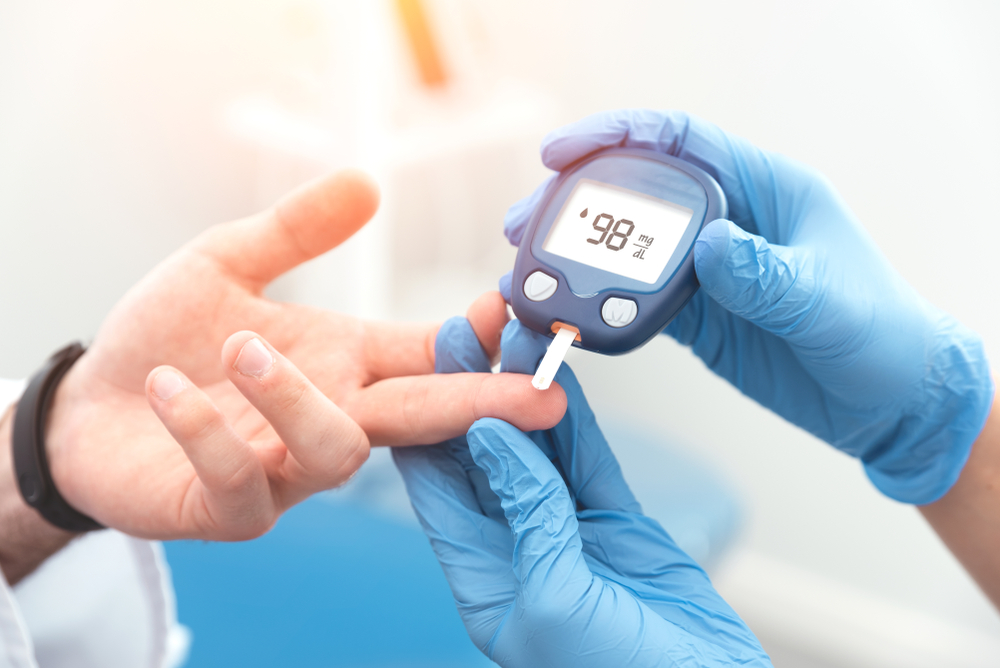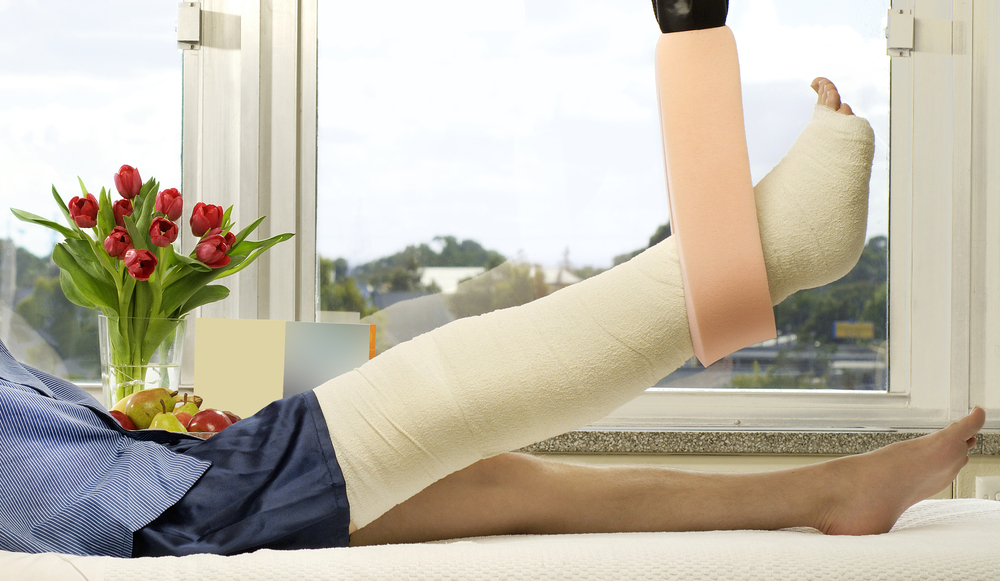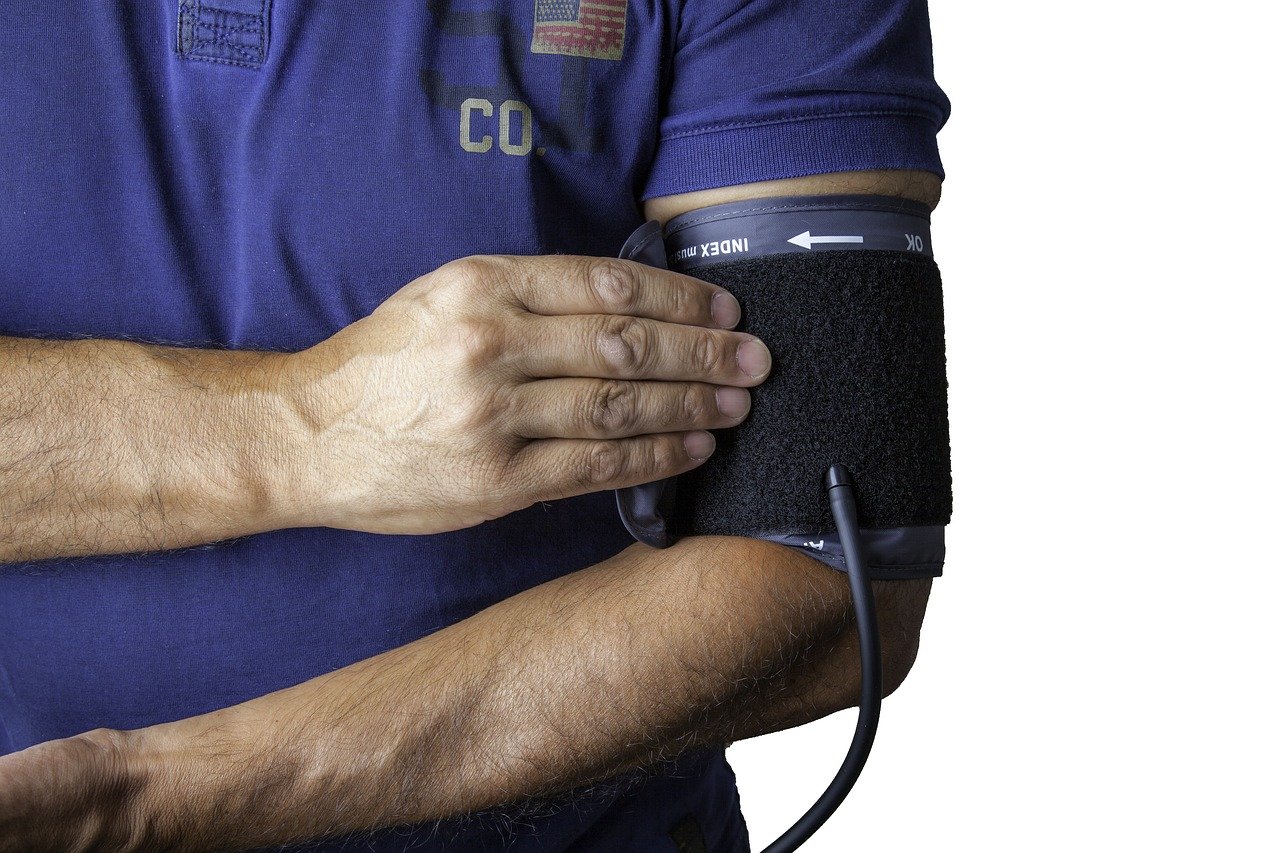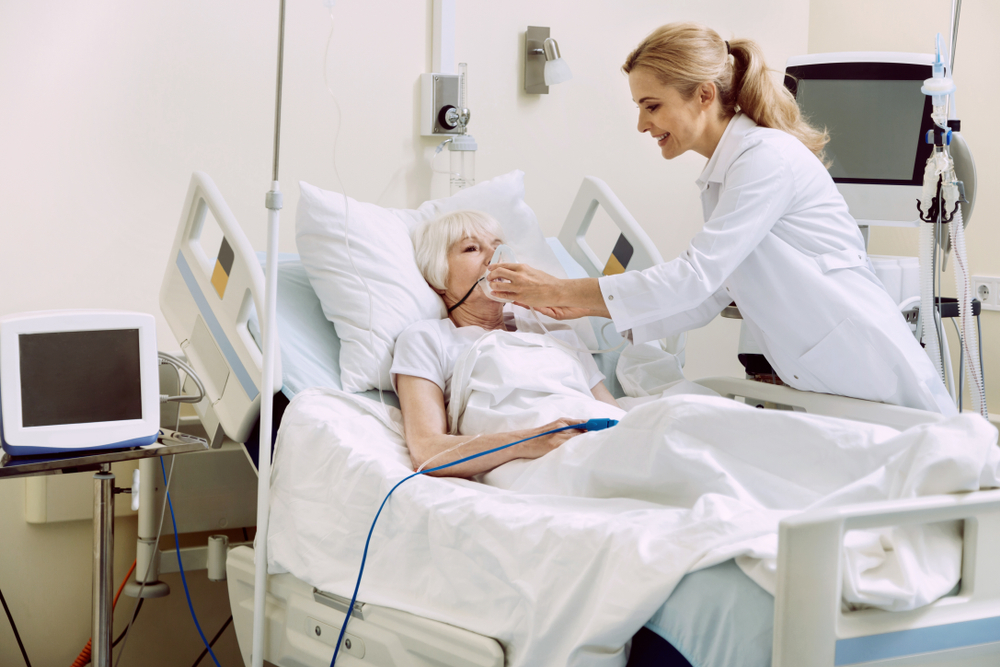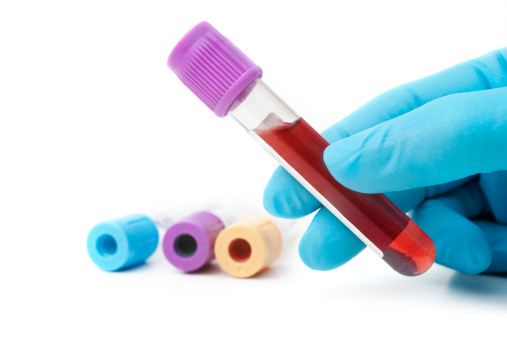Summary
When bipolar disorder is diagnosed, one wonders what it specifically means in the personal case of the sufferer. Some people feel confused and frightened, but one must not allow this illness to take over. Rather, one must learn to manage it. Some suggestions may help.
Take prescribed medication regularly
First, take the medication as directed. Even if there is no immediate change, continue taking them unless your doctor decides to stop. This is very important.
Being aware
Learning to recognise mood swings. Pay attention to ups and downs. If you suddenly notice that you feel very happy or very sad without knowing why, take the symptom seriously and report it to your doctor, who may modify your treatment.
Maintaining a regular life routine
Organizing the day according to a regular routine, for eating, sleeping, and other activities, is important. A good routine allows for adequate sleep.
You may need to sleep more than usual, especially when taking certain medications. Sleep should be considered a priority.
Making yourself available to contacts
It is important to stay in touch with loved ones and friends, being welcoming and open to dialogue with others, sharing your treatment plan with them.
These relationships are crucial as they provide a support system for managing and healing from the illness. A support group can also be helpful.
You should not be too strict with yourself, as improvement may take time.
Conclusion
By taking an active role in your care and following your doctor’s advice, it is possible to learn to manage bipolar disorder and regain control of your life.
Overview
If you’ve been diagnosed with bipolar disorder, youmay have questions about what it means for you. Some people feel confused and scared. But bipolar isorder doesn’t have to rob you of your life. Youcan learn to manage it. These tips can help.
Take your medications
First, take your medications as directed. Even if youdon’t see an immediate change, keep taking themunless your doctor tells you to stop. This is veryimportant.
Be aware
Learn to recognize your mood swings. Pay attention to your ups and downs. If you suddenly notice that you feel very happy or very sad and you don’t know why, take it seriously. Your doctor may need to adjust your treatment.
Keep a regular routine
Plan a regular routine for eating and sleeping. Makesure you get enough sleep. You may need moresleep than you think you do, especially when you’retaking medications. So make sleep a priority.
Reach out
It’s important to maintain connections with lovedones and friends. So reach out. Talk to others. Tryto involve them in your treatment plan. Theserelationships provide a support system for you. Asupport group may be helpful, too. And don’t be toohard on yourself. Improvement can take time.
Conclusion
If you take an active role in your care and followyour doctor’s advice, you can learn to managebipolar disorder and take back your life.







